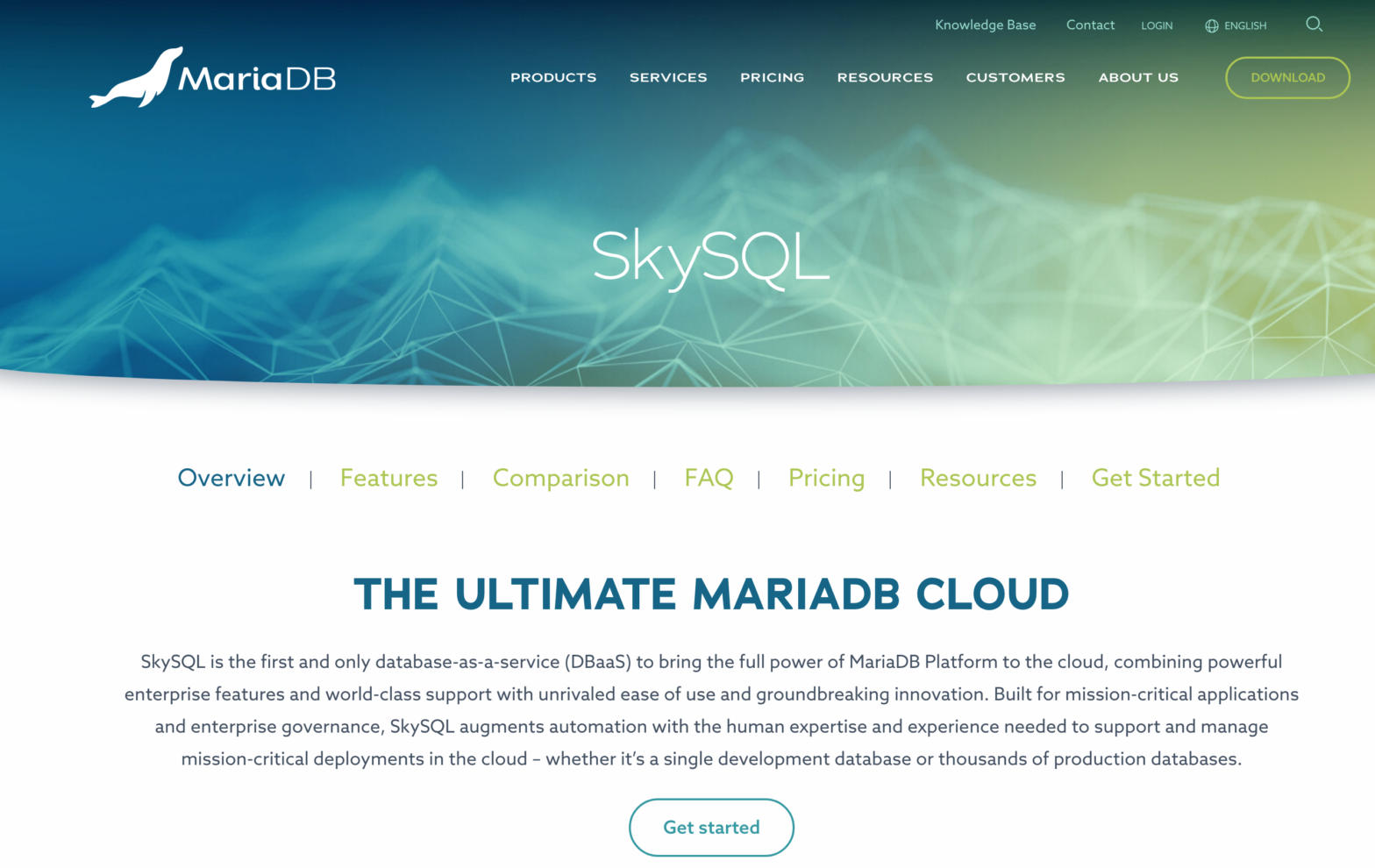Category Archives: Stories
You might have heard the story of how we picked a sea-lion as our logo. Now that this lovely beast has been with us for a while, we think it’s high time to give it a name and of course we turn to our wonderful community for suggestions.
The rules are simple: complete this form, telling us what you think we should name the sea lion and why. Later, Maria Widenius will pick her favorite from the submissions, and the winner will get a collection of MariaDB t-shirts and other swag, an artwork by Maria, and of course eternal fame!
…
Introduction
Hi, my name is Kartik Soneji, and I am a second year student at Thadomal Shahani Engineering College, Mumbai. I have been programming since the age of 13. I started out with Java, then learnt a little C++ before diving head first into web development with HTML, CSS and JavaScript. I also programmed a bit in Python and Rust to see what all the hype was about.
My primary motivation to contribute to the open source community is because I strongly believe in the idea that software is free, to copy, modify and study.
…
Continue reading “A GSoC internship with the MariaDB Foundation”
Time flies!
It certainly doesn’t feel like 25 years ago that Monty released MySQL. At that time, I thought it was a bit redundant of Monty to create Yet Another Database, the world was full of them already. But MySQL turned out to become the database for Internet, growing hand-in-hand with PHP (and Perl and Python).
When MySQL was created 1995, Monty’s oldest daughter My was six years old. When the first MariaDB was released 2009, My’s little sister Maria was one year younger, five years old.
One innovation over the other databases was the license model.
…
My favourite running track is full! Full of newbie runners, young and old. Mostly running alone, sometimes in pairs – but all following social distancing.
Social distancing can be coupled with emotional closeness. That’s at least what Sauli Niinistö propagates, the President of Finland. In line with these two phenomena – emotional closeness between isolated colleagues, and the boom of running as a source of energy during lockdown – we are launching the Solstice Run.
We want to inspire non-runners to run
As initiators, we want to inspire others to start running.
…
Congratulations, MariaDB Corporation, on releasing SkySQL, a DBaaS offering for MariaDB Server! This is a big step for MariaDB Corporation, and we in the MariaDB Foundation hope it’s going to be a success for you and for MariaDB Server.
We welcome SkySQL as a further contributor to the adoption of MariaDB Server, and look forward to it driving in new categories of users.
To find out more, check out https://mariadb.com/skysql/.
…
Continue reading “Congratulations on SkySQL, the DBaaS offering!”
On Monday, I sent out an email to the staff of MariaDB Foundation. In the hope that my thinking is also applicable for someone else, here’s a slightly edited excerpt:
My email to our staff
For an unknown amount of time, we will live under exceptional circumstances. Yet, there will be life both during and after the Corona pandemic. With this email, I want to share my view on how Corona affects our organisation, on how we sustain life during Corona and on how we best prepare for life after Corona.
When facing adverse times, I fall back on thoughts and values I have read and contemplated.
…
MariaDB Foundation faces an unusual world, just like anyone else in these Corona times. Or perhaps, not quite. Here are some ideas for how to cope with a world inhibiting travel and social contact as we know it, from someone who has worked from home for 20 years, with colleagues also working from home.
First, stay upbeat. Humans are social animals, and we live off interactions with others. But Corona just dictates what type of social interactions we can have. It doesn’t inhibit social contact.
Second, stay connected.
…
Chromebooks are a breed of very portable and easy-to-use laptops with a Linux-based operating system from Google and hardware available from many manufactures. Chromebooks are very popular in the educational sector due to their low price and the effortlessness to use as they require next to no administration and “just works” all the time.
Despite being based on Linux (just like Android is), the Chromebook OS is a very closed down platform. Google ensures the devices are always safe and security updates are automatically installed, while the user just logs in with their Google account and does not have real root access to the devices (again, similar to Android systems). …



